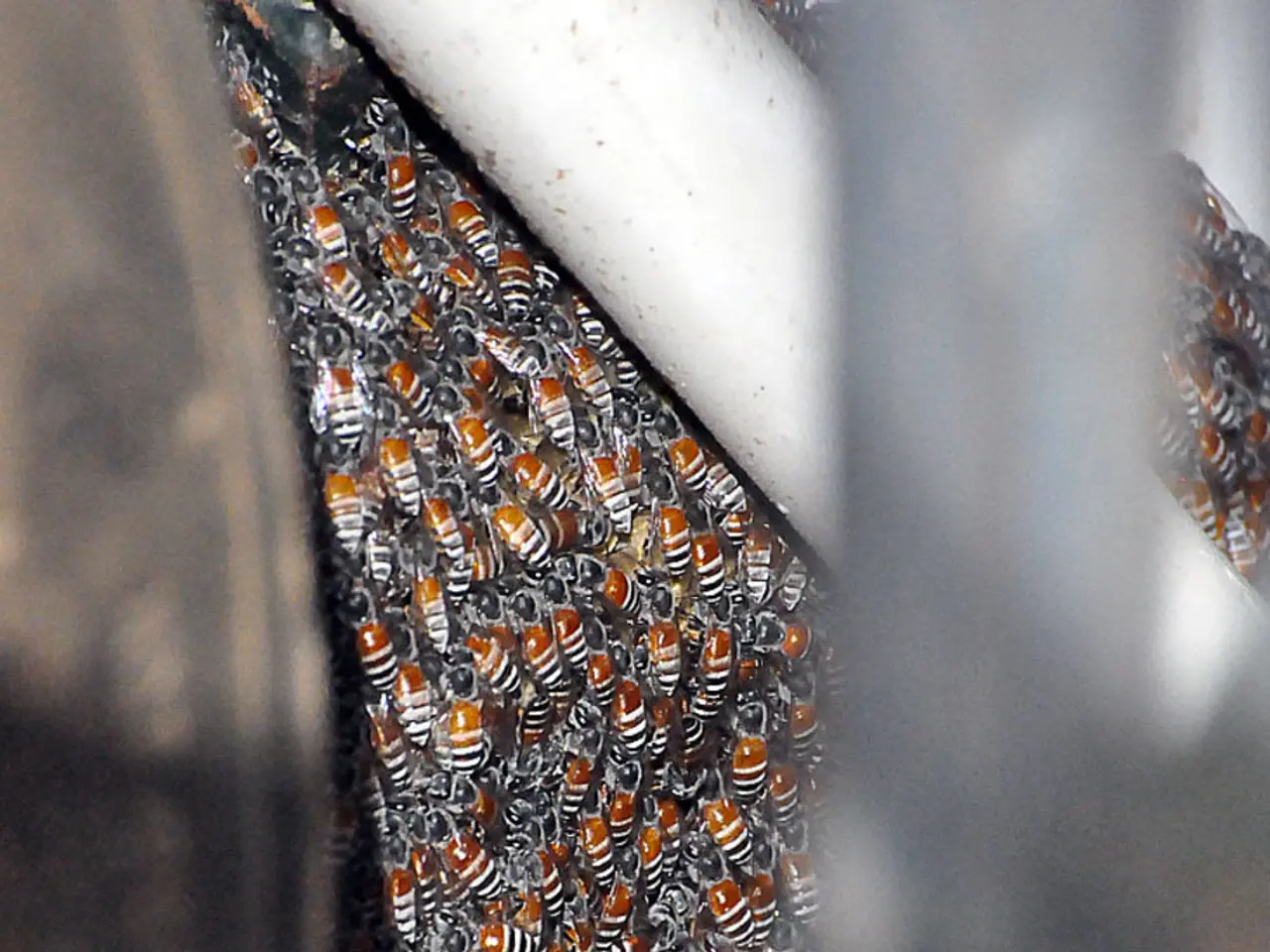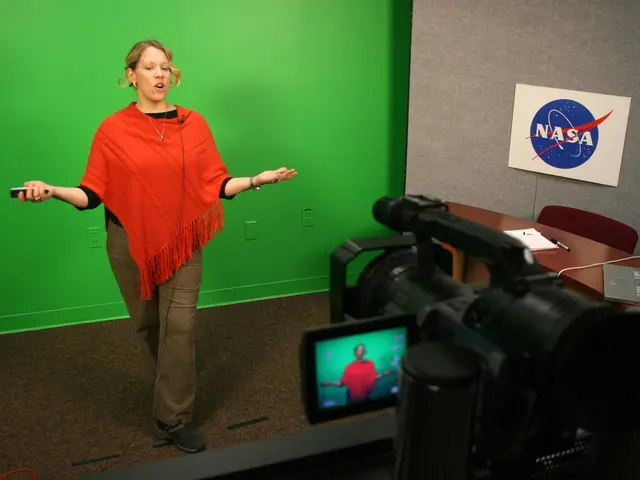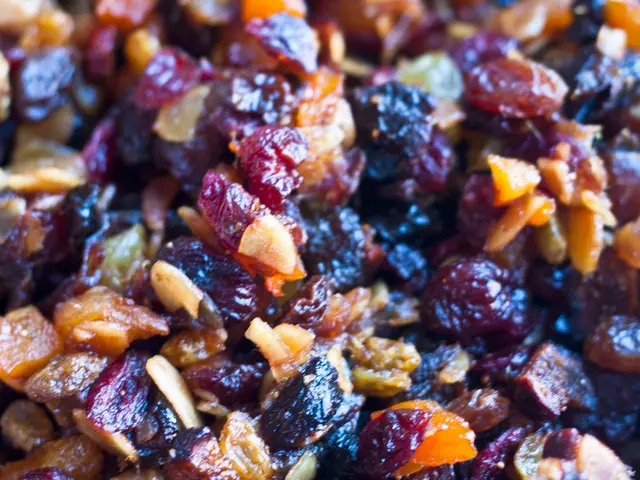Summer wasps won't sting you
Managing Munich's Wasp Population: A Combined Approach
In recent years, the wasp population in urban areas like Munich has seen a significant increase. To effectively manage this situation, a combination of targeted pest control, habitat management, and community cooperation is essential.
Professional Nest Removal and Inspection
Identifying and safely removing or treating wasp nests is crucial in reducing the risk of stings and infestations. Wasps often nest in attics, eaves, gardens, and sheds. Experts can assess the species and apply environmentally safe treatments to control populations without harming beneficial pollinators.
Habitat Modification
Managing urban gardens and public areas by reducing dead wood, sealing building crevices, and maintaining cleanliness can make the environment less attractive to wasps. This helps limit their food sources and nesting sites.
Community-Based Integrated Pest Management
Due to high population density in cities, wasp infestations can easily spread between buildings. Coordinated efforts, including public awareness programs, sanitation improvements, and shared pest control planning across neighborhoods, increase effectiveness and minimize reactivity in controlling outbreaks.
Balancing Control with Ecological Benefits
While controlling wasp populations, it's important to preserve their beneficial ecological roles. Many wasps serve as natural pest controllers and aids in pollination. Therefore, approaches that reduce wasp numbers while preserving these roles are advisable.
In Munich, these strategies should align with local regulations protecting pollinators and be adapted to the seasonality of urban wasp activity. Combining professional removal, environmental management, and coordinated community action offers the most effective way to manage wasp populations while maintaining urban biodiversity and safety.
Preventing Wasp Stings
If you encounter a wasp, gently pushing it away with a newspaper is recommended instead of wildly flailing. Avoiding perfume and colorful clothing can also help deter wasps. Fans can help deter wasps, but blowing at them should be avoided as it may provoke them.
Covering food and placing a small bowl of vinegar on the dining table can keep wasps away from food. Leaving food out attracts more wasps; clearing the table early is recommended.
What to Do if Stung
If stung by a wasp, remove the sting with tweezers if it's still in the skin. If stung in the mouth, suck on ice cubes, apply a cold compress around the neck, and seek immediate medical attention.
Allergic reactions such as hives, sneezing, or dizziness after a wasp sting require immediate medical attention. Clean the sting with hot water (with dissolved salt) and a washcloth. After cleaning, cool the sting area down as much as possible.
Dealing with Wasp Nests
Contacting a local beekeeper or pest controller is recommended if a wasp nest is discovered, as they have the permission to relocate a nest, but it can cost up to 150 euros. Killing wasps is illegal and can result in fines up to 5,000 euros, and up to 50,000 euros for protected species.
Natural Repellents
Rosemary, mint, lemon balm, tomatoes, marigolds, lavender, coffee, essential oils (citronella, tea tree oil, clove oil), half a lemon with cloves, basil, garlic, and vinegar can help keep wasps away.
Stay informed about top concerts, exclusive competitions, and behind-the-scenes with Larissa Lannert live by signing up for the 95.5 website-newsletter. The newsletter is free and delivers important updates every week.
Read also:
- Companies based in America are moving towards an environmentally-friendly future.
- Women-Focused Space Exploration Hiking Groups Rise in Popularity
- Renters Ben and Dino believed they had discovered their ideal living situation, but a hidden problem forced them out within 24 hours, unveiling the harsh living conditions faced by millions.
- Sleep-deprived individuals are experiencing enjoyment.








